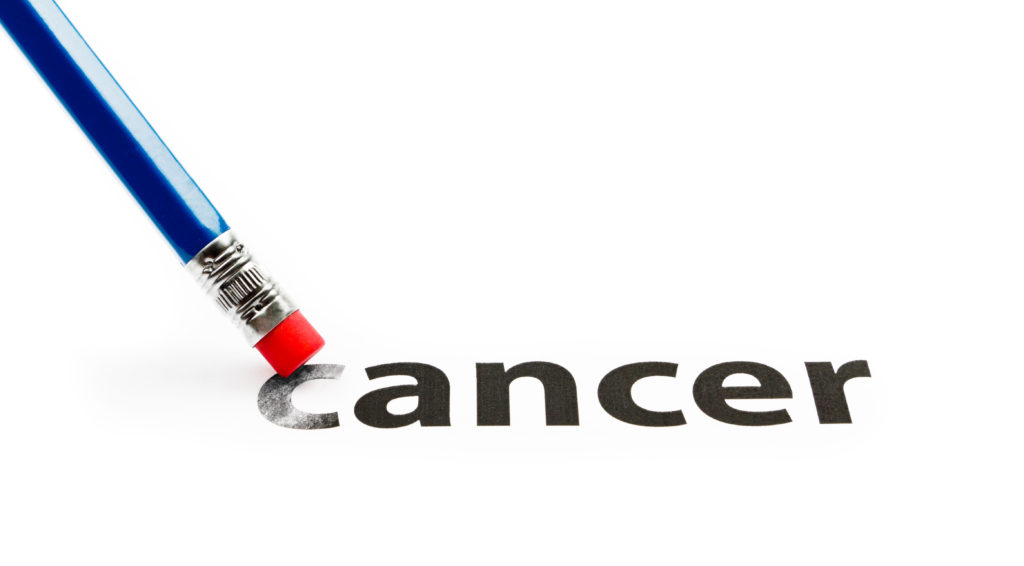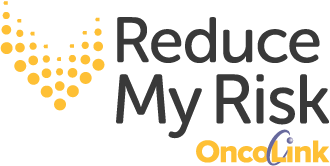
The New Year is a great time to make healthy changes – start the year off with a new attitude, pledge to get more activity, eat better or do something to better yourself. Since we spend all day talking about cancer, we decided to kick off the new year with the goal of helping you learn about cancer risk and what you can do to reduce your risk. This blog series will focus on some common risk factors and attempt to bust some myths and help you see ways to improve your health and reduce your cancer risk. In part 1, we will look at family history and what that means for you.
There’s a common misconception about cancer and family history. Many people believe that having no one in your family with cancer means you have no risk of getting cancer – or the opposite – having a family history means you are likely to get the disease.
I don’t have a family history, so I don’t need to worry
We all know – or know of – someone who had cancer and has no family history. But ask your neighbor if they’ve had their screening colonoscopy yet and their response may very well be – well, I have no family history of colon cancer.
Let’s set the record straight. Having no family history of cancer in no way means you have no risk of developing cancer. Less than a quarter of all cancers are related to a family’s history. The cancer screening guidelines produced by groups such as the American Cancer Society and the US Preventive Task Force, are developed for people with average risk. These are people without a family history. It is best to talk to your healthcare providers about any family member’s cancer diagnoses and what that means for your cancer screening needs.
This is not meant to scare people, but to serve as a reminder that taking steps to reduce cancer risk, such as healthy behaviors and cancer screening tests, are important for everyone, even when cancer has not occurred in your family.
My relative had cancer, so I am at high risk
Now, to the flip side. While you would think that a history of any cancer in the family would increase risk, it isn’t so simple. Some cancers have a clear cause that may not be relevant for you, such as a history of smoking. Some common cancers that occur in older relatives may have no impact on your risk – for example, breast or prostate cancers. If these same cancers occur in a 40-year-old relative, they are more likely to have an impact on your risk. There is no “one size fits all” explanation for risk associated with family history. It is very important that you tell your healthcare providers about any family history of cancer- no matter how little you know about it.
Talking to your family about cancer diagnoses
Not all families are open about health issues – and cancer is still considered taboo in many families. Presenting it as important for your own health may be helpful in getting important information from hesitant relatives.Your provider will want to know about any cancer diagnoses in your first-degree relatives (parents, children, and full siblings) and second-degree relatives (grandparents, aunts/uncles, nieces/nephews, grandchildren, and half siblings). For each relative who has had cancer, you should try to find out the type of cancer and how old they were when diagnosed.

Want to learn more about your risk factors and reducing your cancer risk? Take the Reduce My Risk survey!
Carolyn Vachani is an oncology advanced practice nurse and the Managing Editor at OncoLink. She has worked in many areas of oncology including BMT, clinical research, radiation therapy and staff development. She serves as the project leader in the development and maintenance of the OncoLife Survivorship Care Plan and has a strong interest in oncology survivorship care. She enjoys discussing just about any cancer topic, as well as gardening, cooking and, of course, her sons.
Hi, I’m the first one in my family who got breast cancer. When I found out I had bc, I asked my mother if she or her mother had breast cancer, she assured me nobody had it. But my Aunt(mothers sister) had breast cancer and her to had a mastectomy on one. Does this count. My oncologist told she didn’t count as to why I had it.
Now for my second question I want to know I have been on letrozole for 5 yrs. will be finished wither next month Feb. 2019. I want to know if I can dye or perm my hair as it came in really fine, and poker straight. If I cut it really short to almost bald will it grown in thicker or even wavy again.
Hi Rita – In general, an aunt who was diagnosed at a younger age may have an influence on your risk but a diagnose at an older age, not much. If you wanted to investigate the family connection further, you could meet with a genetic counselor – they are experts at examining families and helping you understand how it affects your risk and other family members.
As for your hair, unfortunately there is no way to predict how it will come back in. Some people’s hair grows back the same as it was and others completely different- different color, texture, curly vs straight, etc. I have a couple of articles that will help with your questions about hair-
https://www.oncolink.org/frequently-asked-questions/cancer-treatments/chemotherapy/coloring-hair-after-chemotherapy
https://www.oncolink.org/support/side-effects/skin-hair-nail-side-effects/hair-loss-alopecia-from-chemotherapy
Hope that helps!